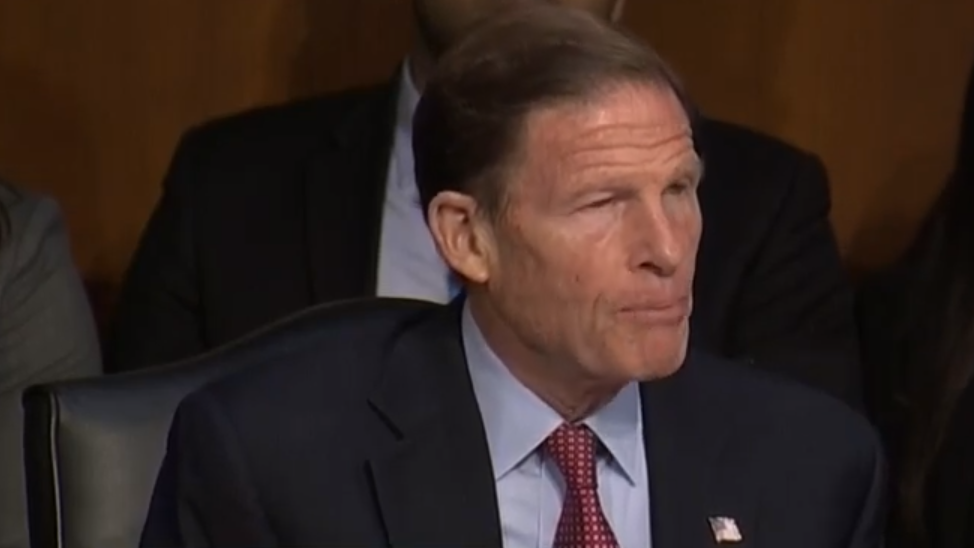WASHINGTON—Nearly four months after Hurricane Maria ripped through Puerto Rico, the Caribbean island with more than three million American citizens is still struggling to recover. Electricity probably won’t be fully restored before this spring, many are still suffering from shortages of food and water, and thousands of people have fled the island.
During Tuesday’s, Senate Judiciary Oversight subcommittee hearing, Secretary of Homeland Security Kirstjen Nielsen couldn’t provide answers as to why temporary housing was expiring for Hurricane Maria evacuees nor when electricity would be fully restored to the island.
A federal program that has housed about 4,000 displaced families in hotels in Puerto Rico and on the mainland was due to expire this month but was recently extended into March by the Federal Emergency Management Agency (FEMA).
Sen. Richard Blumenthal, D-Conn, criticized the administration’s recovery efforts in his opening remarks concerning Puerto Rico.
“I think that the federal response there has been shamefully and disgracefully inadequate,” he said. “Almost half of the island is still without electricity; most of the water is undrinkable, most of the major roads are impassable.”
Blumenthal said the island’s economic future is contingent upon the government restoring electricity to the island.
“The economy is on the brink of failure. Half of the hotels are still closed and many of the manufacturing plants are going to move out of the island—and manufacturing is a mainstay of its economy–if electricity isn’t restored,” Blumenthal stated.
Blumenthal pushed Nielsen to provide a date as to when electricity would be fully restored to the island.
Nielsen couldn’t provide a specific date as to when electricity will be restored but stated, “You have my commitment to give you the best guess we have in terms of estimating the time of restoration.”
“Well, the people of Puerto Rico deserve more than a guess,” Blumenthal retorted.
A visibly agitated Nielsen explained that her department had to account for “a variety of factors that [she] cannot predict” citing “weather, terrain and aging infrastructure” as a list of factors.
Blumenthal asked Nielsen to address why FEMA’s Transitional Shelter Assistance Program (TSA) was ending for evacuees within his district of Connecticut even though their homes in Puerto Rico were “absent of water, electricity and reliable structures.”
Nielsen stated how evacuees were now “transition[ing] from short-term to long-term housing through recovery.”
Blumenthal demanded to know what the Department of Housing and Urban Development (HUD) will do for the evacuees once the FEMA Transitional Shelter Assistance runs out. He pressed Nielsen to clarify that because “people are now being evicted out of their temporary shelters in Connecticut without section 8 or other HUD programs.”
“I’m happy to look into it, sir,” responded Nielsen.
A spokesman for HUD’s regional Connecticut office stated that evacuees have been provided with information on housing but that TSA is a FEMA-backed program and that FEMA should address the controversy.
Blumenthal’s office sent a letter dated Jan. 12 to FEMA requesting that TSA be extended through end of the 2018 school year. As of Thursday, they had not received a response. However, FEMA told Medill News that request for activation or extension of programs like TSA must come from the governor of the declared state – or in this case, Puerto Rico.

